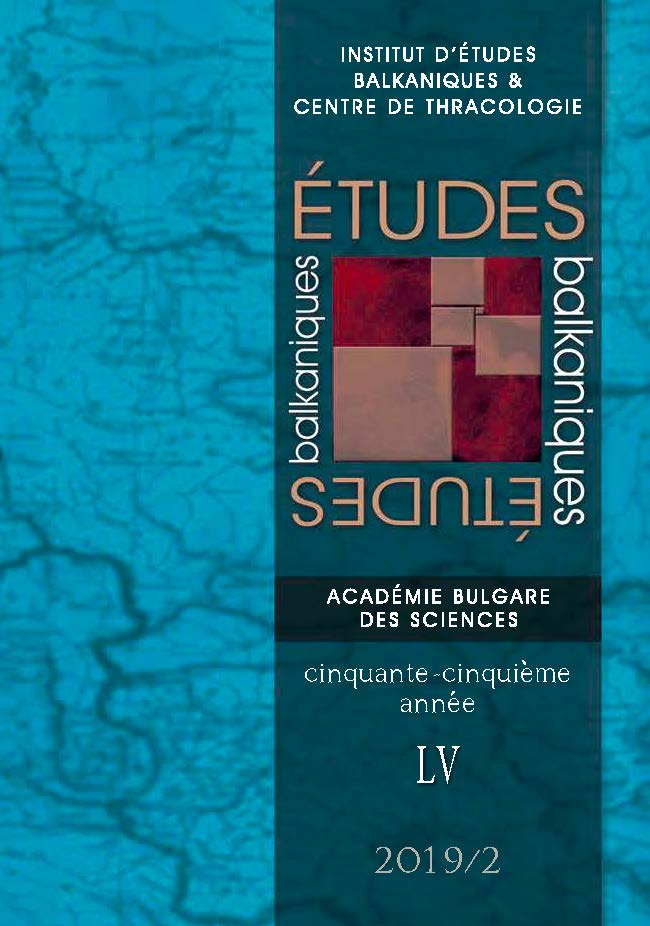SUR LA DISPARITION DU LATINISME BENEFIKION DU VOCABULAIRE (JURIDIQUE) BYZANTIN
ABOUT THE DISAPPEARANCE OF THE LATINISM BENEFIKION FROM THE BYZANTINE (LAW) VOCABULARY
Author(s): Tudor TeoteoiSubject(s): History, Law, Constitution, Jurisprudence, History of Law, Ancient World, Theology and Religion, History of Religion
Published by: Институт за балканистика с Център по тракология - Българска академия на науките
Keywords: Beneficium; Charistikion; Feudum; Offikion; John Oxeites; Patriarch of Antioch;
Summary/Abstract: After the battle of Pons Milvius (28 oct. 312), before the issuance of the so-called Edict of Milan, in the Eastern Part of the Empire Maximin Daia enacted a decree, through which he feigned to be favorable to the Christians. In that decree, he seemed to be peaceable and tolerant with them, “so that they didn’t support any kind of trouble and vexation, neither from the beneficiarioi, nor from anyone else”. In the Greek text, the Latinism benefikiarioi is a hapax, not only for the “Ecclesiastical History”, but also for the entire work of Eusebius of Caesarea. As well as benefikion, from which it arises, this word appears two or three times only, in canonical, juridical and literary texts, untill the 6th century and (so) it completely disappears from the Byzantine historical sources. The word reappears at the end of the Byzantine Empire, mentioned in a letter of Georgios of Trebizond, adressed to the inhabitants of Crete, a region where the influences of the Crusades and of the Western civilization were more visible.In the Western Europe, the beneficium had a brilliant future, as forerunner of the feoff, which has replaced it after the 10th century. But in Byzantium, its disappearance from the Greek sources after the 6th century caused, in our oppinion, serious doubts for the historians to accept the existence of a Byzantine feudalism. The Roman legacy of strong centralized statal structures can (partially) explain this assertion.
Journal: Études balkaniques
- Issue Year: 2019
- Issue No: 2
- Page Range: 390-409
- Page Count: 20
- Language: French
- Content File-PDF

